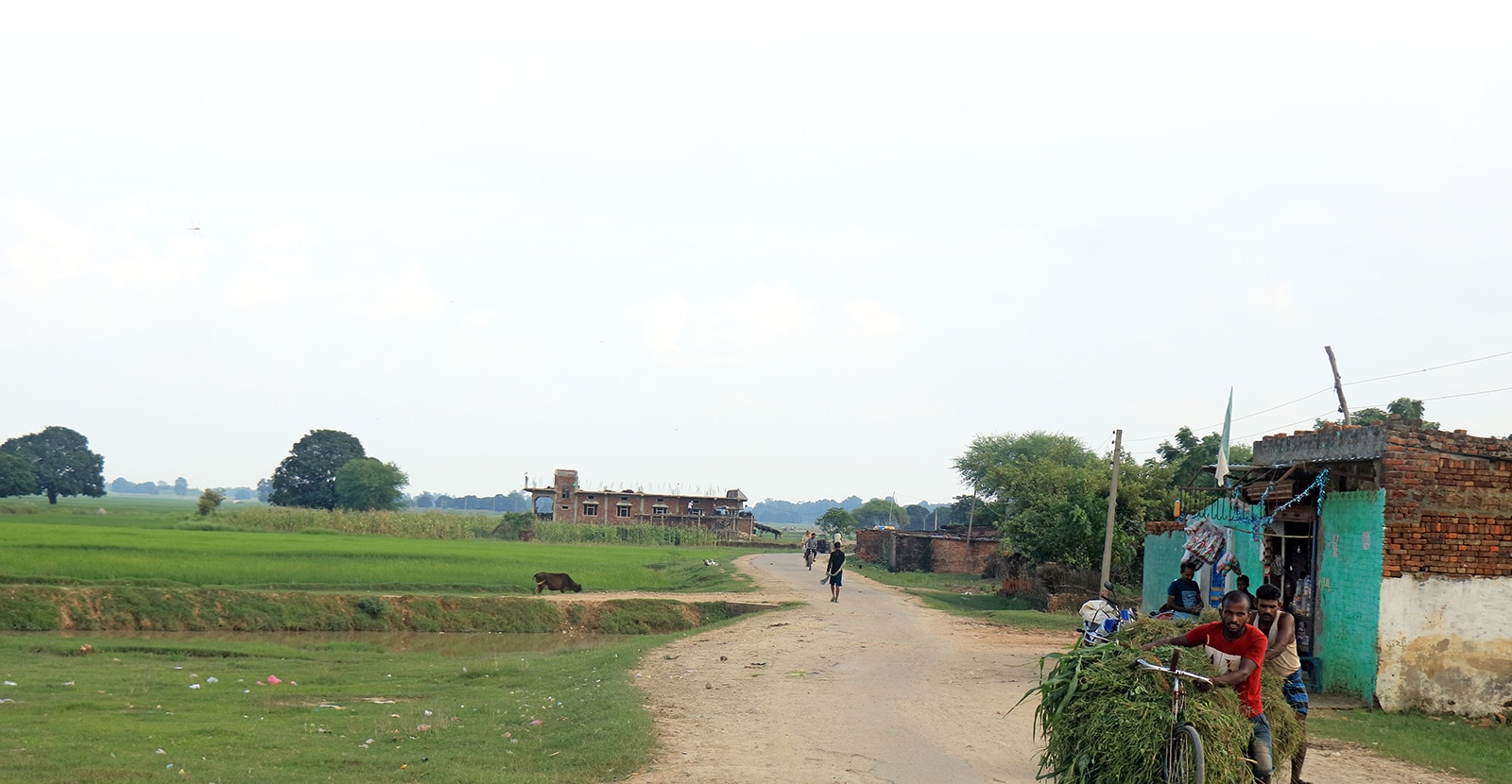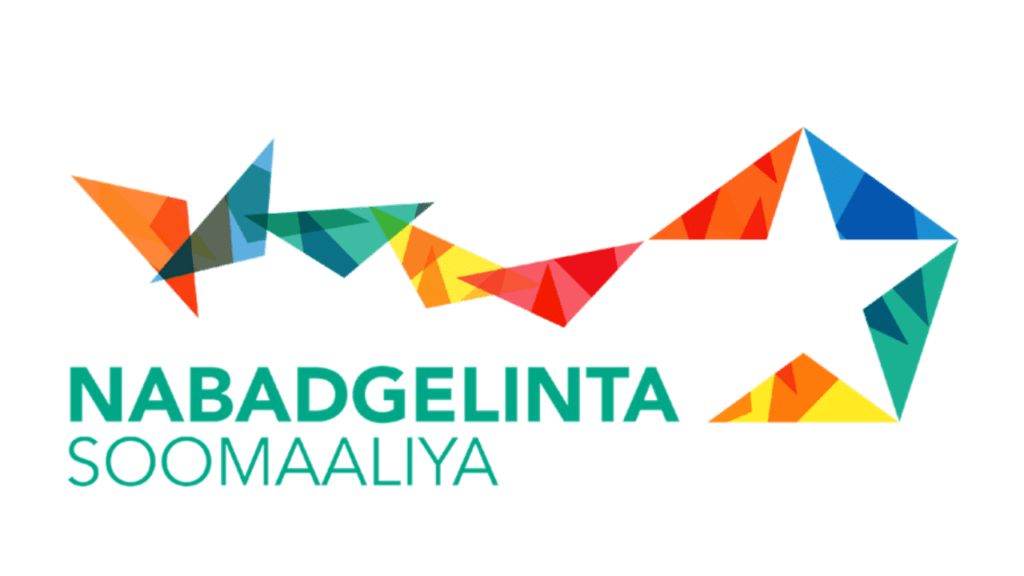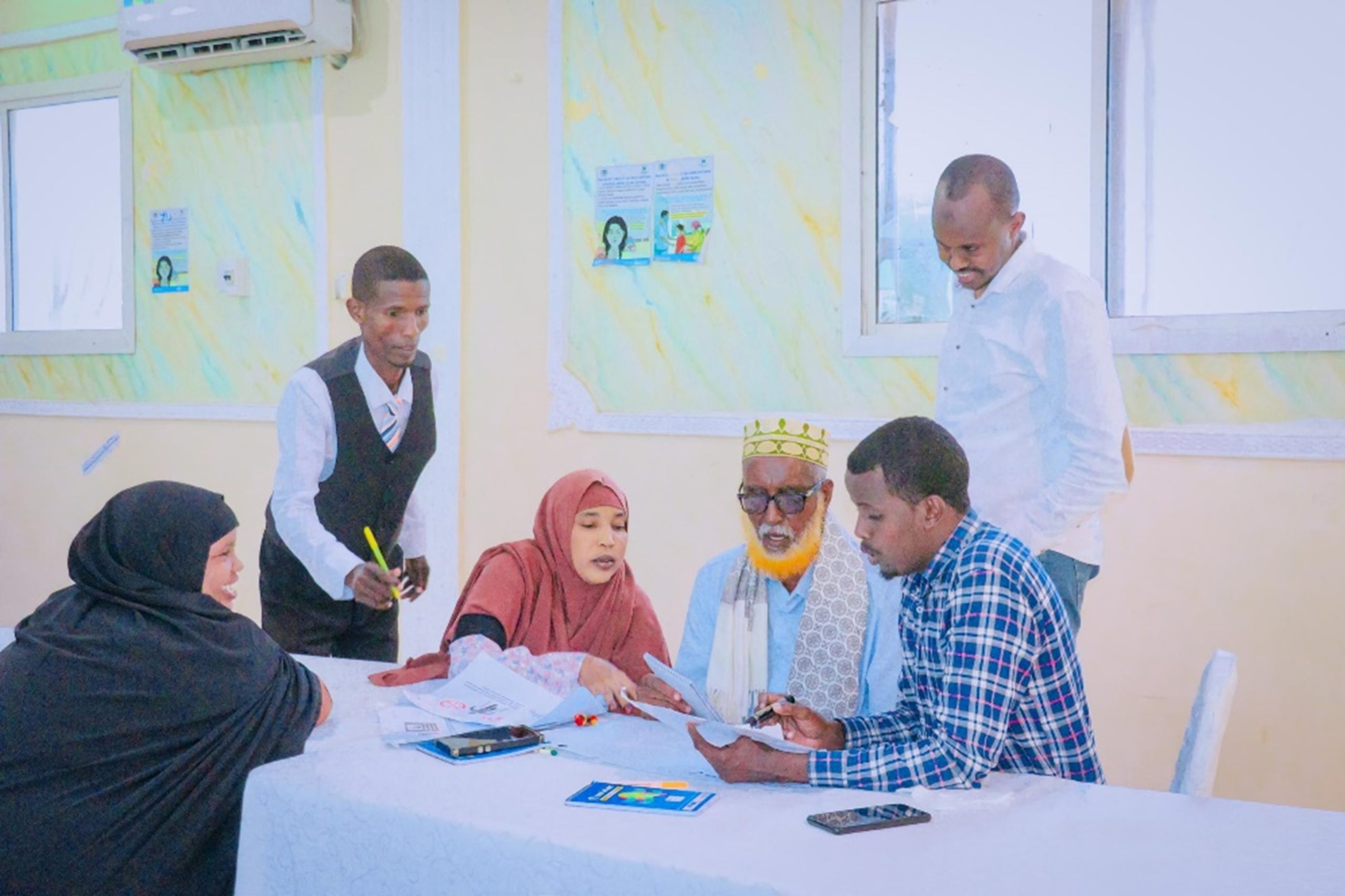

Nabadgelinta Soomaaliya
Supporting Somalis to identify and articulate the challenges they face in accessing security and justice to build common understanding and action that leads to visible, practical change in the experience and trust in security and justice.
A Project of —
Somalia

 Since 2022, Equal Access International (EAI) has led a consortium to help the country rebuild its security and justice sectors as the social and behavior change (SBC) prime partner under the Nabadgelinta Soomaaliya program. The program is funded by the UK Foreign, Commonwealth & Development Office (FCDO), the Dutch Ministry of Foreign Affairs, and the European Union and overseen by the International Organization for Migration (IOM). EAI works with partners BBC Media Action, Perspective Media and Gargaar Relief and Development Organization to support Somalis in achieving visible, practical change in its security and justice systems in both Jubaland and Southwest State.
Since 2022, Equal Access International (EAI) has led a consortium to help the country rebuild its security and justice sectors as the social and behavior change (SBC) prime partner under the Nabadgelinta Soomaaliya program. The program is funded by the UK Foreign, Commonwealth & Development Office (FCDO), the Dutch Ministry of Foreign Affairs, and the European Union and overseen by the International Organization for Migration (IOM). EAI works with partners BBC Media Action, Perspective Media and Gargaar Relief and Development Organization to support Somalis in achieving visible, practical change in its security and justice systems in both Jubaland and Southwest State.
Given each of their long-term commitments to working closely with communities to build solutions in targeted areas, EAI and our partners have the support and trust of communities across Jubaland and Southwest State. Building on this trust, each is instrumental in coordinating the project’s social and behavior and norms change interventions in partnership with local media organizations as part of the Social and Behavior Change Communication (SBCC) component of Nabadgelinta.

The aim of Nabadgelinta is to improve how Somalis view and access services by identifying security and justice priorities through the Area Based Problem identification process. Through community-led discussions, this process pinpoints the top priorities by Somalis in violence-prone areas, where people are compelled to work together toward lasting solutions.
Current areas of focus include digital abuse in the form of technology-facilitated gender-based violence and the lack of digital privacy laws; rampant bribery and corruption, which requires strengthening the independence of the judiciary, including comprehensive training and provision of resources for judges and court staff; and a police hotline to report crimes with the goal of building greater trust between communities and police.
Nabadgelinta fosters input and perspective from marginalized groups, many for the very first time, toward creating sustainable solutions for their communities. The project draws strategies from UNICEF’s Behavior Drivers Model, which leverages program-wide formative research including drivers, barriers and contributing factors that influence security and justice-seeking behaviors and norms among Somali citizens. The model also considers the influence of resources such as money, land, and services.
The project ensures that local stakeholders have the skills needed to support similar interventions beyond the life of the Nabadgelinta project. A Knowledge, Attitudes, Behavior, Vision and Motivation (KABVM) study informs the project, highlighting gaps in interaction between society and state and how to narrow them by providing sustainable security and justice services to targeted communities.